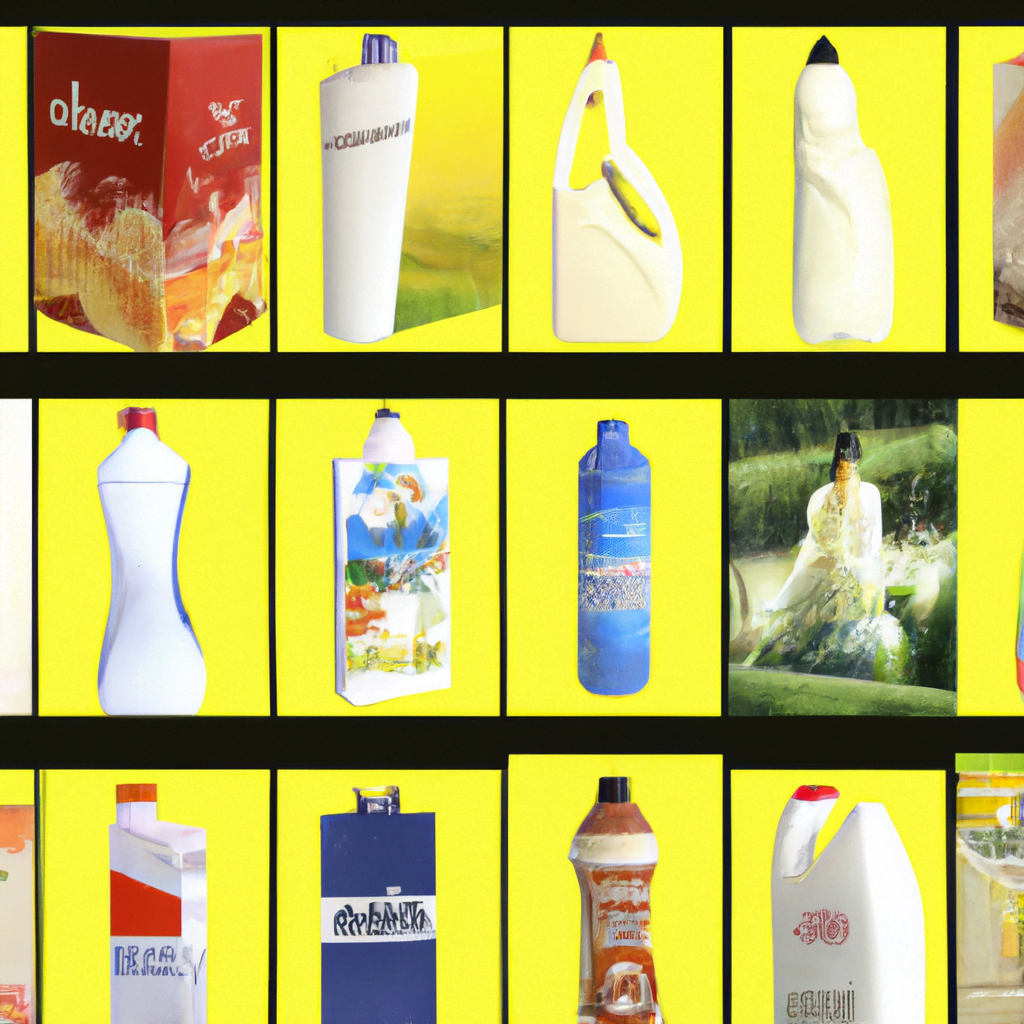
Package Design for Eco-Friendly Household Products

Introduction
The world is becoming more environmentally conscious, and people are looking for ways to reduce their carbon footprint. One way to do this is by using eco-friendly household products. However, it’s not just the product itself that matters; the packaging also plays a crucial role in reducing waste and promoting sustainability. In this article, we will explore the importance of package design for eco-friendly household products and provide insights on how to create effective packaging that is both sustainable and visually appealing.
The Importance of Eco-Friendly Packaging
Packaging is an essential part of any product, and it serves several purposes. It protects the product during transportation, provides information about the product, and helps to promote the brand. However, traditional packaging materials such as plastic, foam, and Styrofoam are not environmentally friendly and contribute to the growing problem of waste and pollution.
Eco-friendly packaging, on the other hand, is made from sustainable materials that are biodegradable, compostable, or recyclable. It reduces waste and pollution and helps to promote sustainability. Moreover, eco-friendly packaging can also be used as a marketing tool to attract environmentally conscious consumers.
Designing Eco-Friendly Packaging
Designing eco-friendly packaging requires a different approach than traditional packaging. The focus should be on using sustainable materials, reducing waste, and promoting sustainability. Here are some tips for designing eco-friendly packaging:
Use Sustainable Materials
The first step in designing eco-friendly packaging is to use sustainable materials. Some examples of sustainable materials include:
- Biodegradable plastics
- Compostable materials
- Recyclable materials
- Plant-based materials
Using sustainable materials reduces waste and promotes sustainability. Moreover, it also sends a message to consumers that the brand is environmentally conscious and cares about the planet.
Reduce Packaging Waste
Reducing packaging waste is another important aspect of eco-friendly packaging. This can be achieved by:
- Using minimal packaging
- Designing packaging that is easy to recycle
- Using packaging that is biodegradable or compostable
- Using packaging that is made from recycled materials
Reducing packaging waste not only helps to promote sustainability but also reduces the cost of packaging materials.
Promote Sustainability
Eco-friendly packaging can also be used as a marketing tool to promote sustainability. This can be achieved by:
- Using packaging that is visually appealing and stands out on the shelf
- Using packaging that communicates the brand’s commitment to sustainability
- Using packaging that provides information about the product’s environmental impact
Promoting sustainability through packaging can help to attract environmentally conscious consumers and differentiate the brand from competitors.
Examples of Eco-Friendly Packaging
There are many examples of eco-friendly packaging for household products. Here are some examples:
Method
Method is a brand that produces eco-friendly cleaning products. Their packaging is made from 100% recycled plastic and is designed to be easily recyclable. Moreover, their packaging is visually appealing and stands out on the shelf, which helps to attract environmentally conscious consumers.
Bambooee
Bambooee is a brand that produces eco-friendly paper towels made from bamboo. Their packaging is made from recycled materials and is designed to be easily recyclable. Moreover, their packaging communicates the brand’s commitment to sustainability and provides information about the product’s environmental impact.
Seventh Generation
Seventh Generation is a brand that produces eco-friendly household products. Their packaging is made from recycled materials and is designed to be easily recyclable. Moreover, their packaging communicates the brand’s commitment to sustainability and provides information about the product’s environmental impact.
Conclusion
In conclusion, package design for eco-friendly household products is an essential aspect of promoting sustainability and reducing waste. Designing eco-friendly packaging requires a different approach than traditional packaging, and the focus should be on using sustainable materials, reducing waste, and promoting sustainability. Moreover, eco-friendly packaging can also be used as a marketing tool to attract environmentally conscious consumers. By following the tips and examples provided in this article, brands can create effective packaging that is both sustainable and visually appealing.
